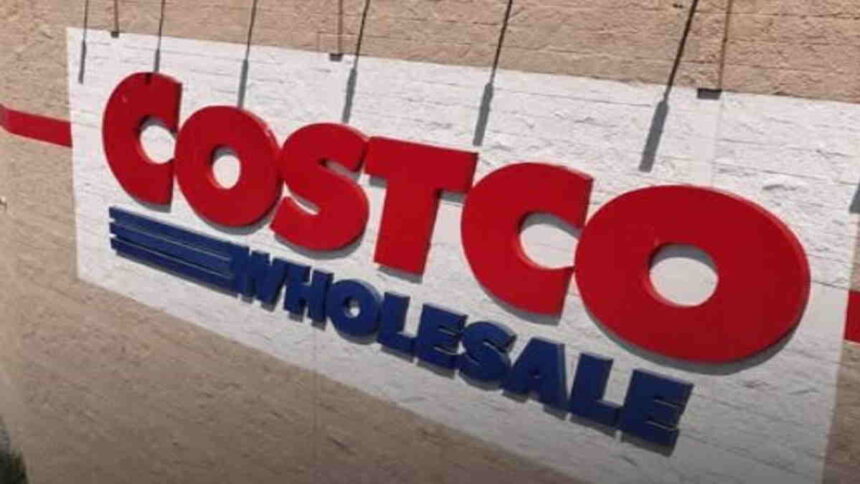Costco has made headlines as the company has once again reasserted its commitment to diversity, equity, and inclusion by firmly opposing a proposal that sought to scale down its DEI initiatives. While most companies are scaling down such efforts, Costco tries to stay different by embracing diversity into its success and customer experience.
Challenges to DEI Policies
Over the last couple of years, retailers ranging from Walmart to Tractor Supply have buckled under pressure from a variety of advocacy groups and changed their tack on DEI. Costco’s leaders took a different path. The company beat back an initiative brought by the National Center for Public Policy Research, which is backed by conservative principles, and refused to budge on DEI.
The proposal called on Costco to examine the business risks of its DEI practices, which it said treated employees who are “white, Asian, male, or straight” poorly. Costco’s board unanimously recommended that shareholders vote against this proposal, framing it as a sneaky attack on diversity programs.
Diversity as Competitive Advantage
For Costco, DEI is the right thing to do, but way more important, it’s a huge competitive advantage. For Costco, DEI shapes what’s described as a “treasure hunt” shopping experience. Varied employee perspectives keep its merchandise selection fresh and elevate customer interactions.
The retailer says its DEI efforts help it recruit and retain a diverse population of employees representative of the base of customers it serves. This alignment, Costco argues, helps solidify the bond between employees and members and fosters an environment welcoming to all.
Standing Strong Amid Broader Trends
Attention is being paid, but running contrary to the wider trend of companies, some now rebrand their DEI programs with less contentious terms, such as inclusion or belonging, in hopes of skirting some of the political and social headwinds. Others are calling back the public promotion of the initiatives themselves.
Costco doubles down, explaining that its DEI policies and practices are legal, nondiscriminatory, and core to who it is. Additional commitments to small and diverse suppliers and donations to organizations servicing underrepresented groups push this principle home.
But in reality, that’s a tough response to opposition on the part of Costco, one that reflects a deeper struggle over what place DEI should occupy within corporate America. In this, the retailer isn’t simply digging in its heels but providing an example-setting lead for how one may actually correlate business success with social responsibility. Today, amid increasing scrutiny, that might even prompt others to renege on their own commitments to diversity and equity.



